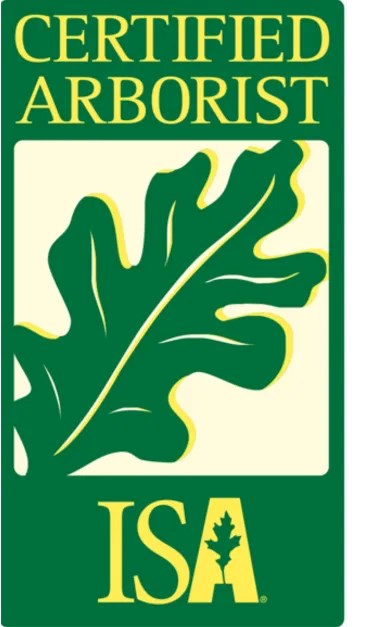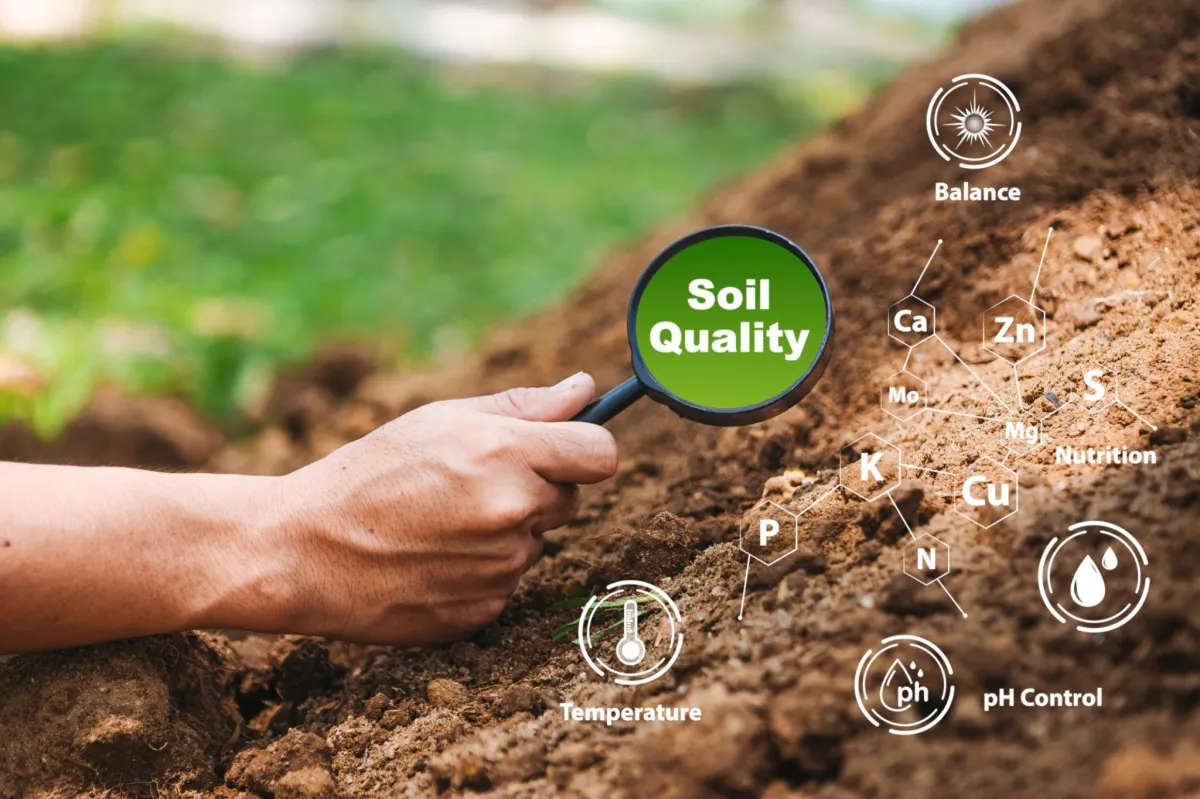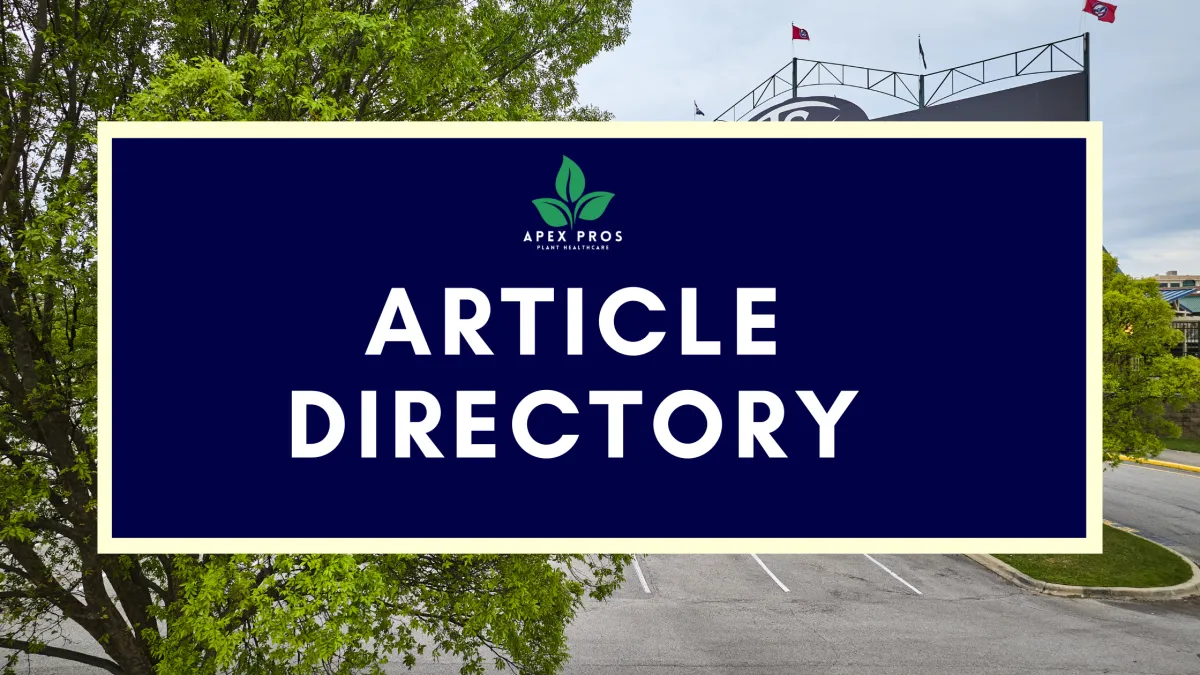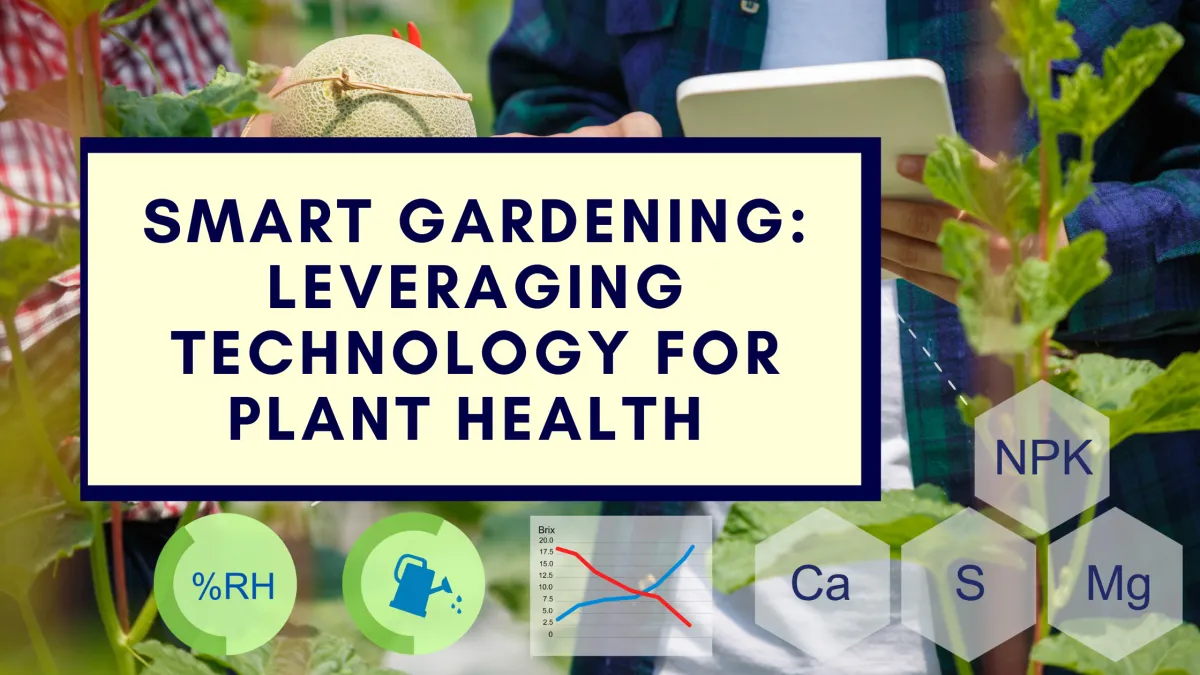
Blog > A Guide for Root & Soil Treatment
How to Improve Soil Health in Louisville for Better Plant Growth
Maintaining healthy soil is crucial for thriving plants, whether you're tending to a small garden or managing larger landscapes. This brief guide will provide you with some knowledge and techniques necessary to enhance soil health and promote better plant growth.
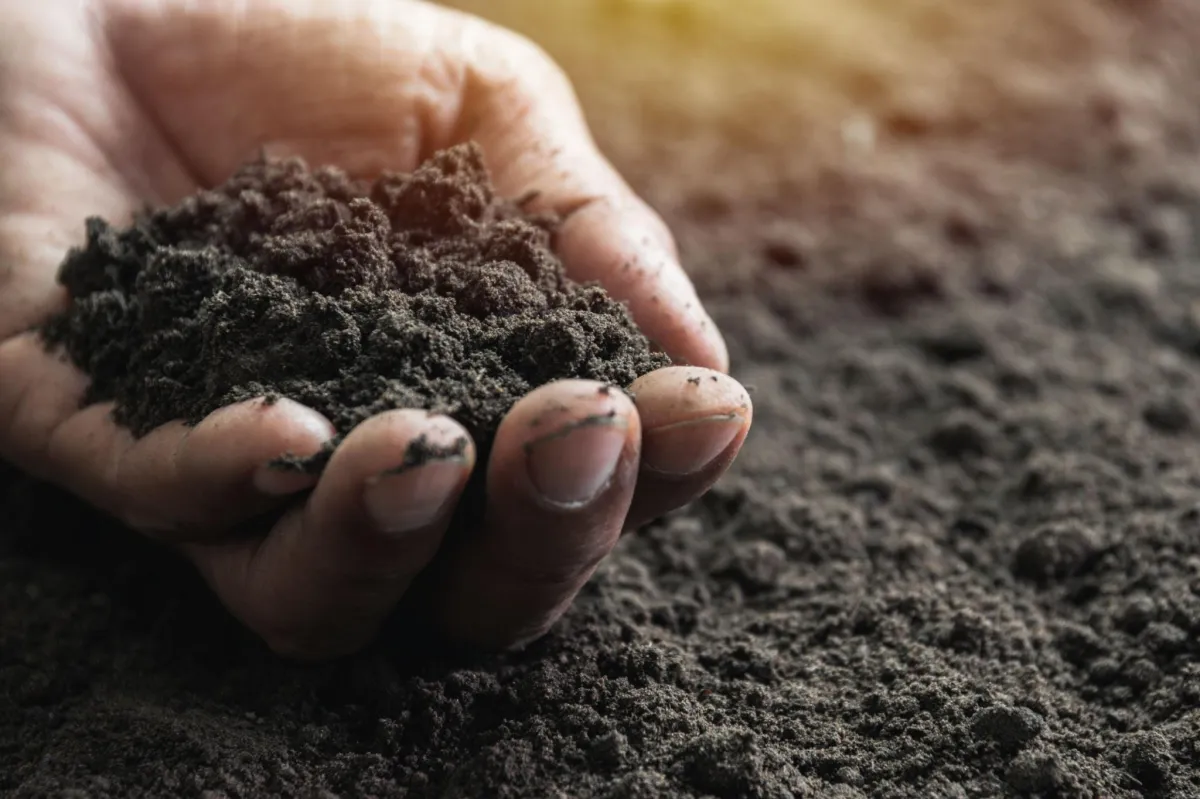
Understanding Soil Health
What is Soil Health?
Soil health means how well soil can help plants and animals grow, keep water and air clean, and support people and their homes. Healthy soil is full of nutrients, has a strong structure, supports many types of living things, and holds the right amount of water. It’s usually dark, crumbly, and packed with organic material. Good soil drains water properly but still keeps enough moisture to help plants grow strong.
Importance of Soil Health in Louisville
Louisville's weather and soil can make gardening and landscaping tricky. The area often has a mix of clay and loamy soils, which can impact how well water drains and how plants get nutrients. To help plants grow their best, it’s important to improve soil health and work around these challenges.
Assessing Your Soil
Soil Testing
Before improving your soil, it’s important to know what shape it’s in. A soil test can give you helpful details about nutrient levels, pH balance, and soil texture.
Analyzing Soil Test Results
Once you have your soil test results, focus on the following key aspects:
pH Level: The ideal pH range for most plants is between 6.0 and 7.0. Louisville soils may tend to be more acidic or alkaline, requiring adjustments.
Nutrient Levels: Pay attention to the levels of nitrogen (N), phosphorus (P), and potassium (K). These are the primary nutrients essential for plant growth.
Soil Texture: Understanding whether your soil is sandy, loamy, or clayey will help determine the best improvement methods.
Techniques to Improve Soil Health
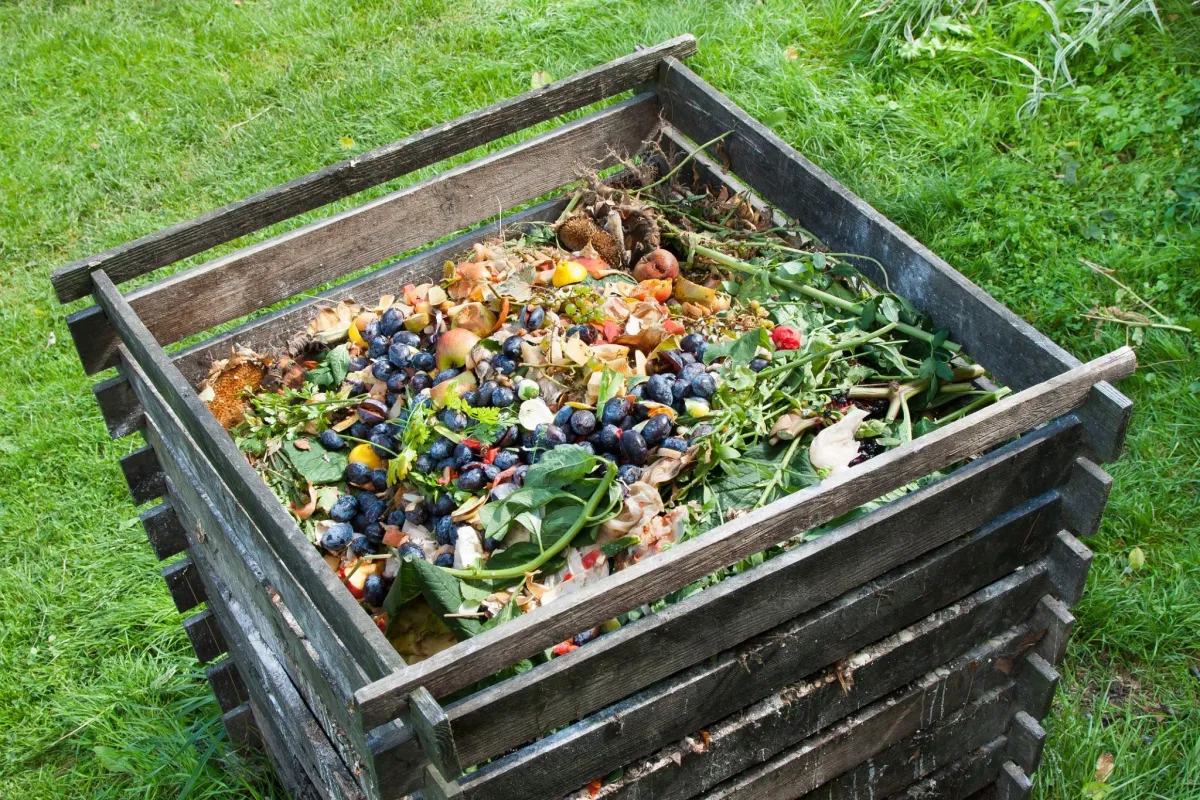
Organic Matter Addition
Adding organic matter is one of the most effective ways to improve soil health. Organic materials such as compost, leaf mold, and aged manure can enhance soil structure, increase nutrient availability, and improve water retention.
Composting
Composting is a natural process of recycling organic materials like kitchen scraps, garden waste, and leaves into rich, dark soil conditioner. Here’s how to start composting:
Choose a Location: Select a well-drained spot for your compost pile or bin.
Layer Materials: Alternate layers of green materials (vegetable scraps, grass clippings) with brown materials (leaves, straw).
Maintain Moisture: Keep the compost pile moist but not waterlogged.
Turn Regularly: Aerate the compost by turning it with a shovel or pitchfork every few weeks.
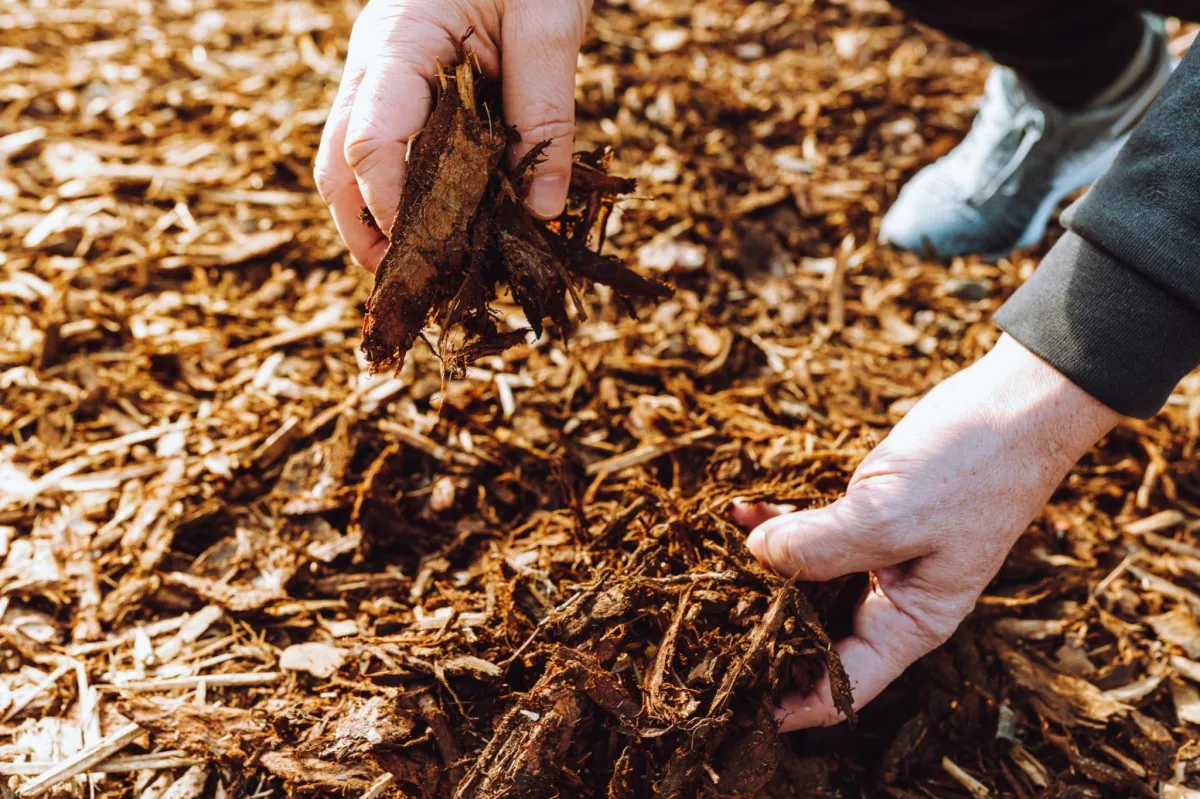
Mulching
Mulching involves spreading a layer of organic or inorganic material on the soil surface. Mulches help retain soil moisture, regulate soil temperature, and reduce weed growth. Organic mulches, such as wood chips, straw, and grass clippings, decompose over time, adding nutrients to the soil.
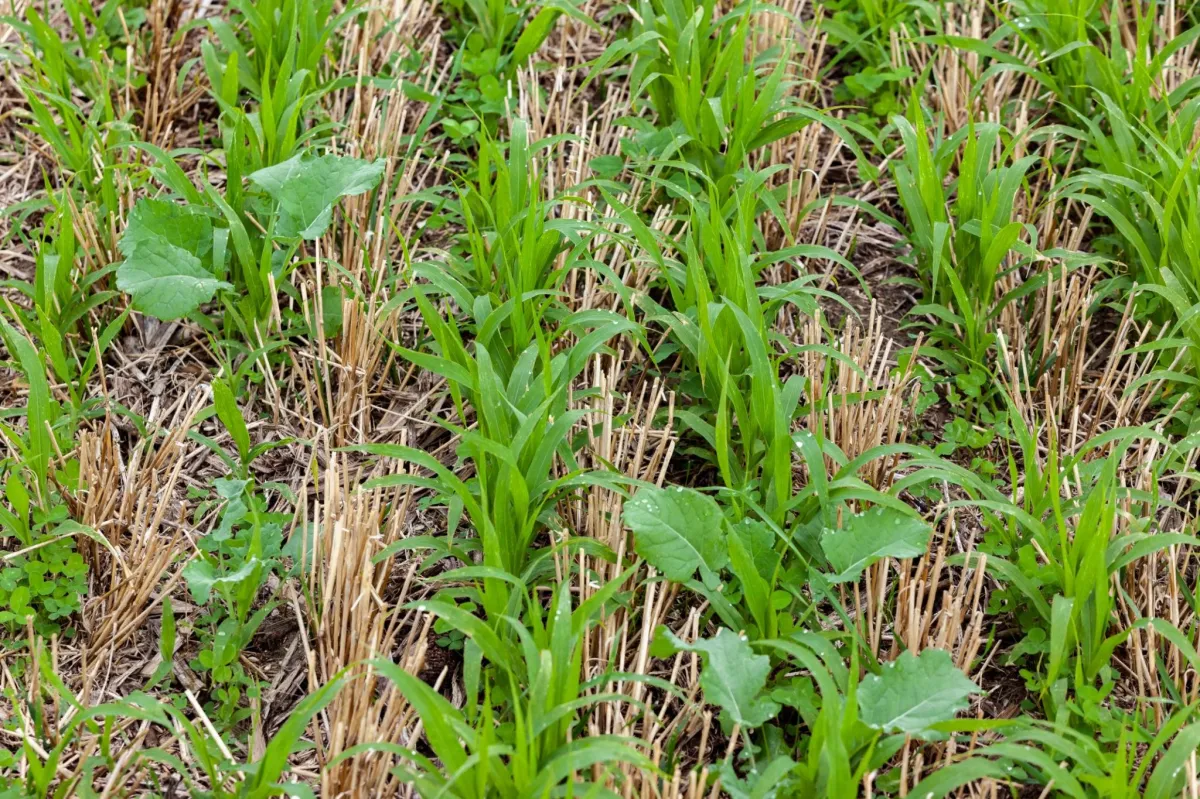
Cover Cropping
Planting cover crops, also known as green manure, is an excellent way to improve soil health. Cover crops like clover, rye, and vetch add organic matter to the soil, prevent erosion, and enhance soil fertility by fixing nitrogen.
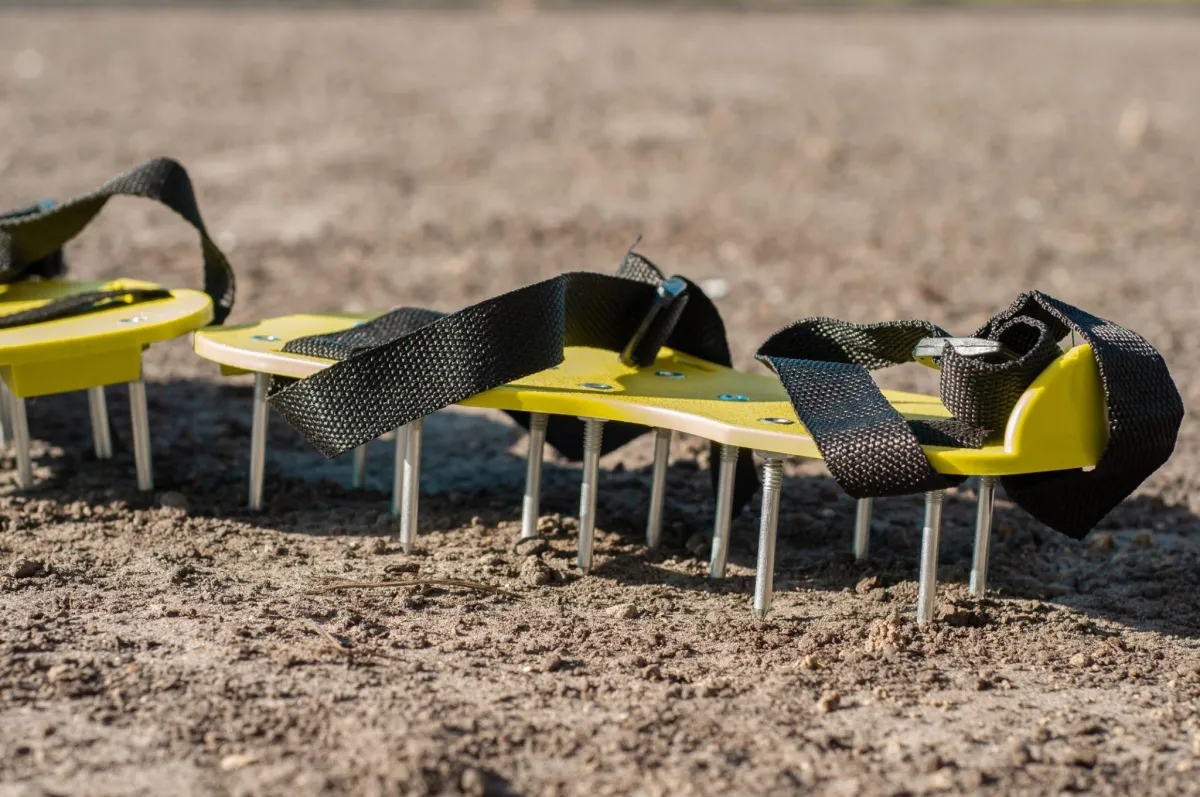
Soil Aeration
Soil compaction can hinder root growth and water infiltration. Aeration involves perforating the soil with small holes to allow air, water, and nutrients to penetrate deeper. This can be done using a garden fork or a mechanical aerator.
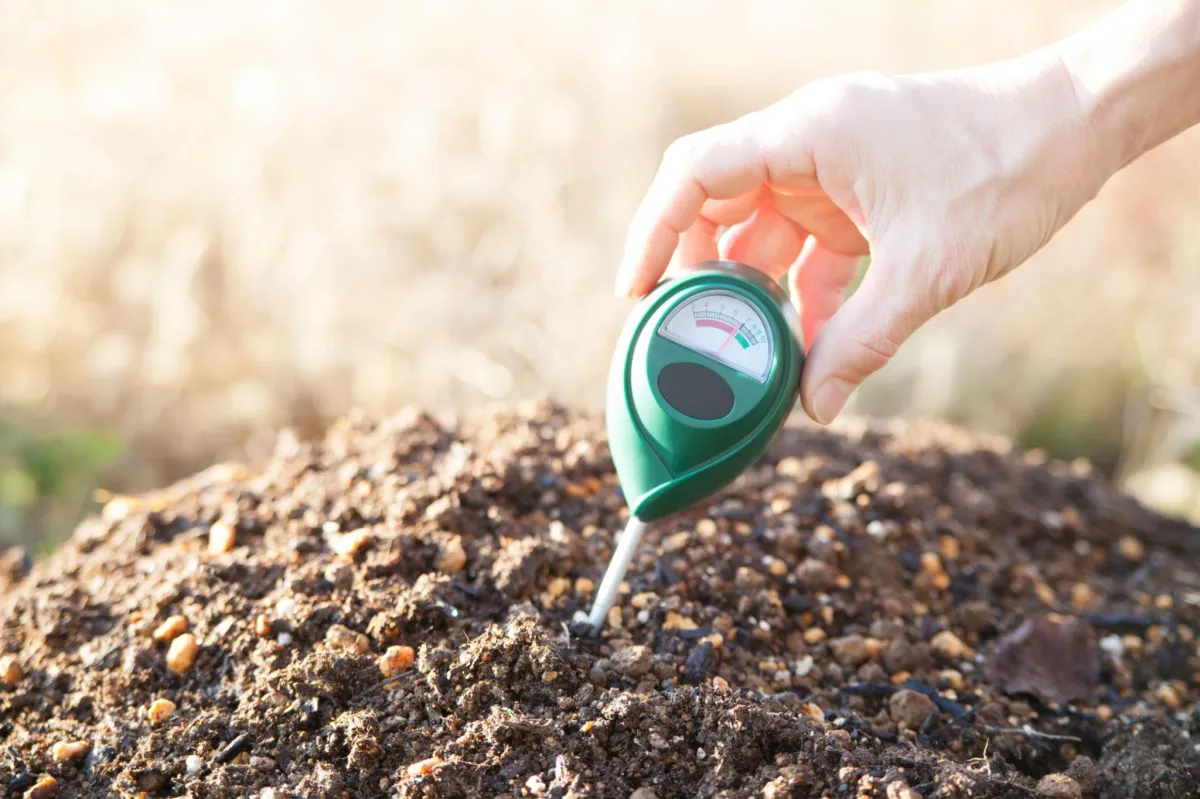
Managing Soil pH
Adjusting soil pH is crucial for nutrient availability. If your soil test indicates that the pH is too low (acidic), you can add lime to raise it. Conversely, if the pH is too high (alkaline), adding sulfur or organic matter can help lower it.
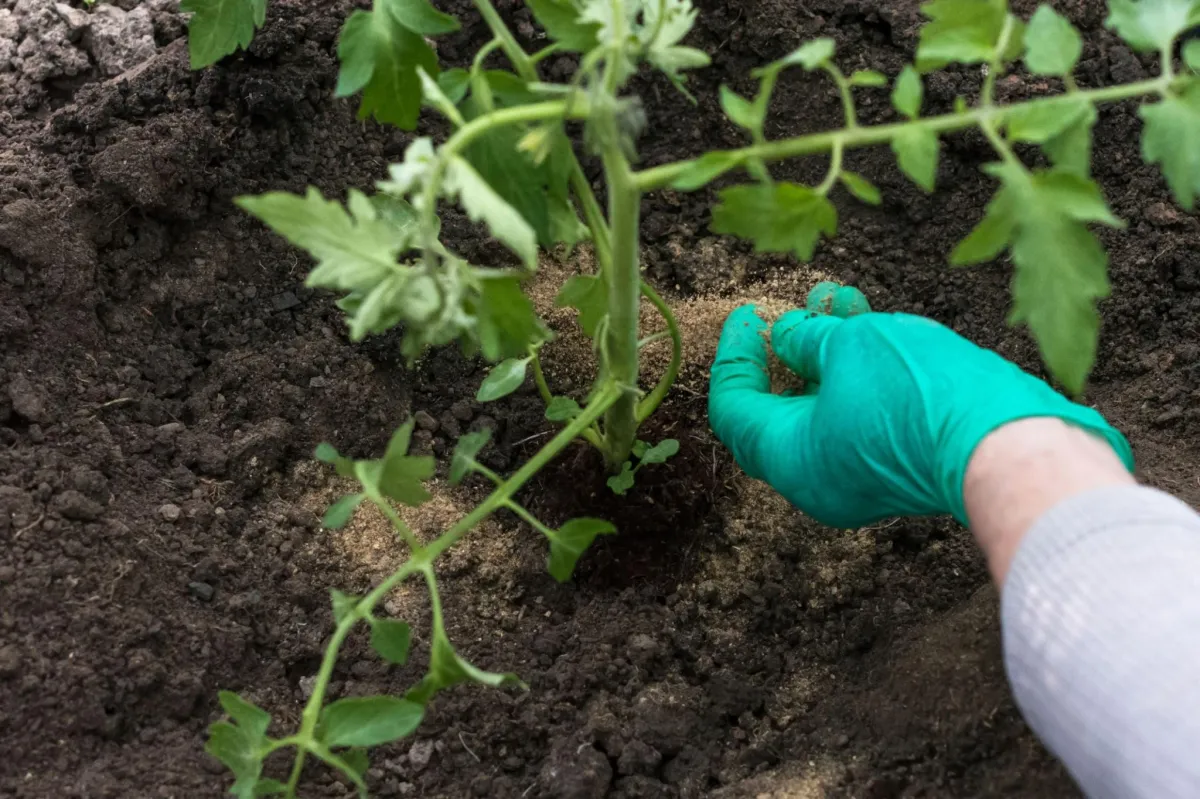
Using Soil Amendments
Soil amendments are materials added to soil to improve its physical or chemical properties. Common amendments include:
Gypsum: Improves soil structure and reduces compaction.
Bone Meal: Adds phosphorus for strong root development.
Greensand: Provides potassium and trace minerals.
Best Practices for Maintaining Soil Health
Crop Rotation
Changing the crops you grow in your garden or fields helps keep the soil healthy and lowers the chances of pests and diseases. Different plants use different nutrients and have unique root systems, which helps keep the soil balanced.
Avoiding Over-Tilling
Tilling can loosen hard soil and mix in organic matter, but too much can harm the soil’s structure and hurt helpful organisms. Try to till as little as possible to keep the soil healthy.
Water Management
Watering your soil the right way is very important. Too much water can make the soil soggy and cause root rot, while too little can stress plants from dryness. Use drip irrigation or soaker hoses to give steady moisture without soaking the soil too much.
Preventing Soil Erosion
Soil erosion can remove topsoil and make the soil less fertile. You can prevent erosion by:
Planting Ground Covers: Grow plants like clover or creeping thyme to protect the soil.
Building Terraces: On hillsides, make terraces to slow water runoff and stop erosion.
Using Erosion Control Mats: These mats help keep soil in place on steep slopes.
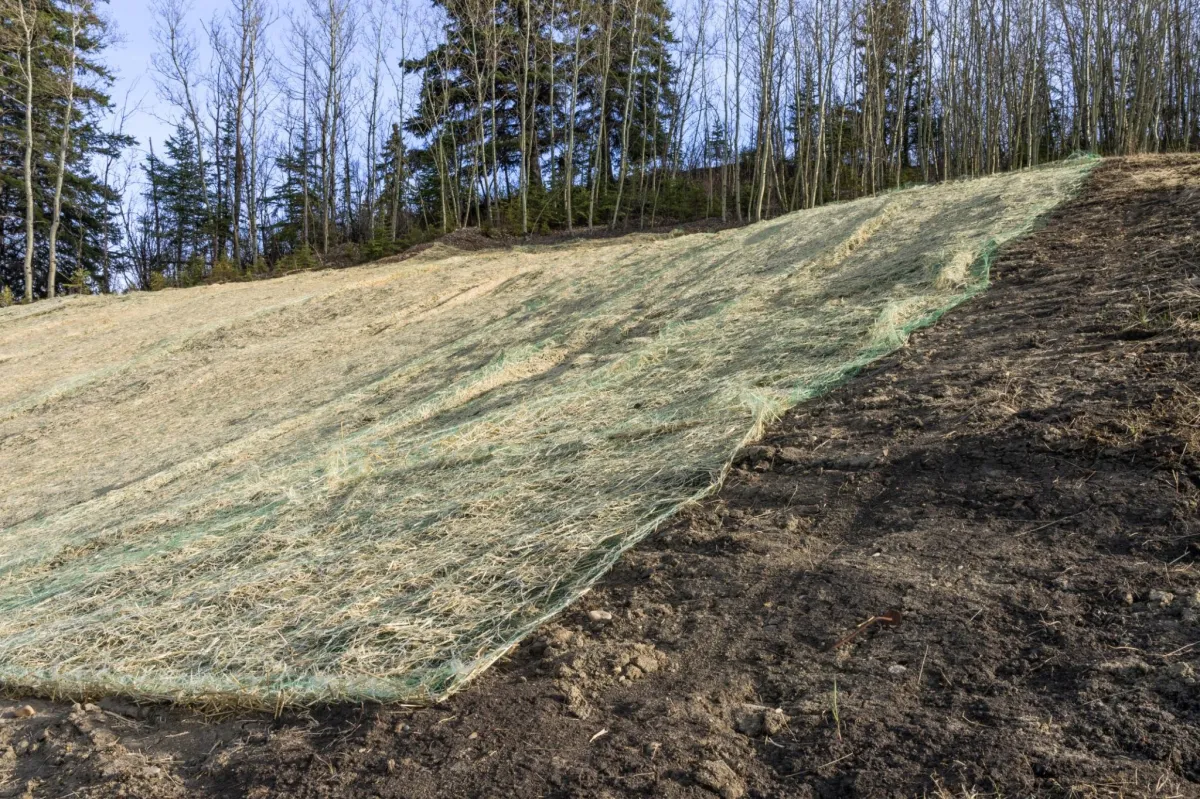
Frequently Asked Questions
Q1: How often should my soil be tested?
A: You should test your soil every 2-3 years. But if your plants have health problems or you’re making big changes to your garden, testing more often can be helpful..
Q2: Can I improve heavy clay soil?
A: Yes, you can make clay soil better by adding organic matter like compost and mulch. You can also use gypsum to break up the clay and improve how the soil holds together.
Q3: What is the best time of year to improve soil health?
A: Fall is a great time to add compost and mulch to your soil because it gives organic matter time to break down over the winter. Spring works well too for mixing in amendments and getting the soil ready for planting.
Contact Us
Service Hours
Social Media
Looking for landscaping, lawn care, or other home services?

Contact Us
+1 502-483-0511
Prospect, Louisville, KY 40222
Service Hours
Mon- Fri: 9am - 5pm
Sat & Sun: Appt Only
Social Media

2026 | Apex Pros | Rights Reserved

